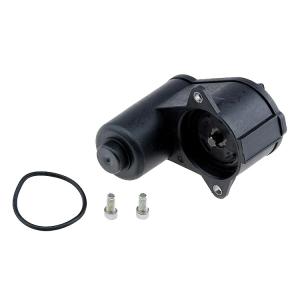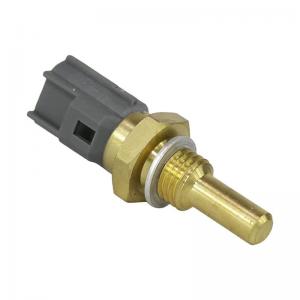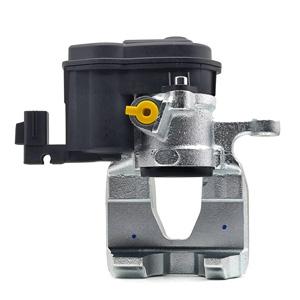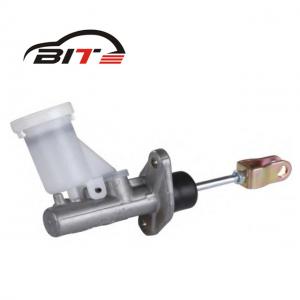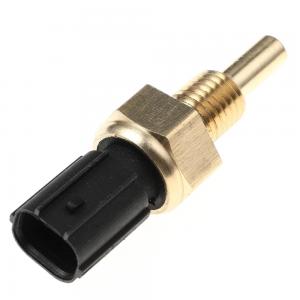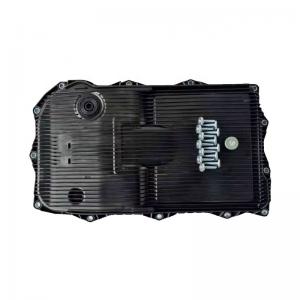Brake Hydraulic Hose
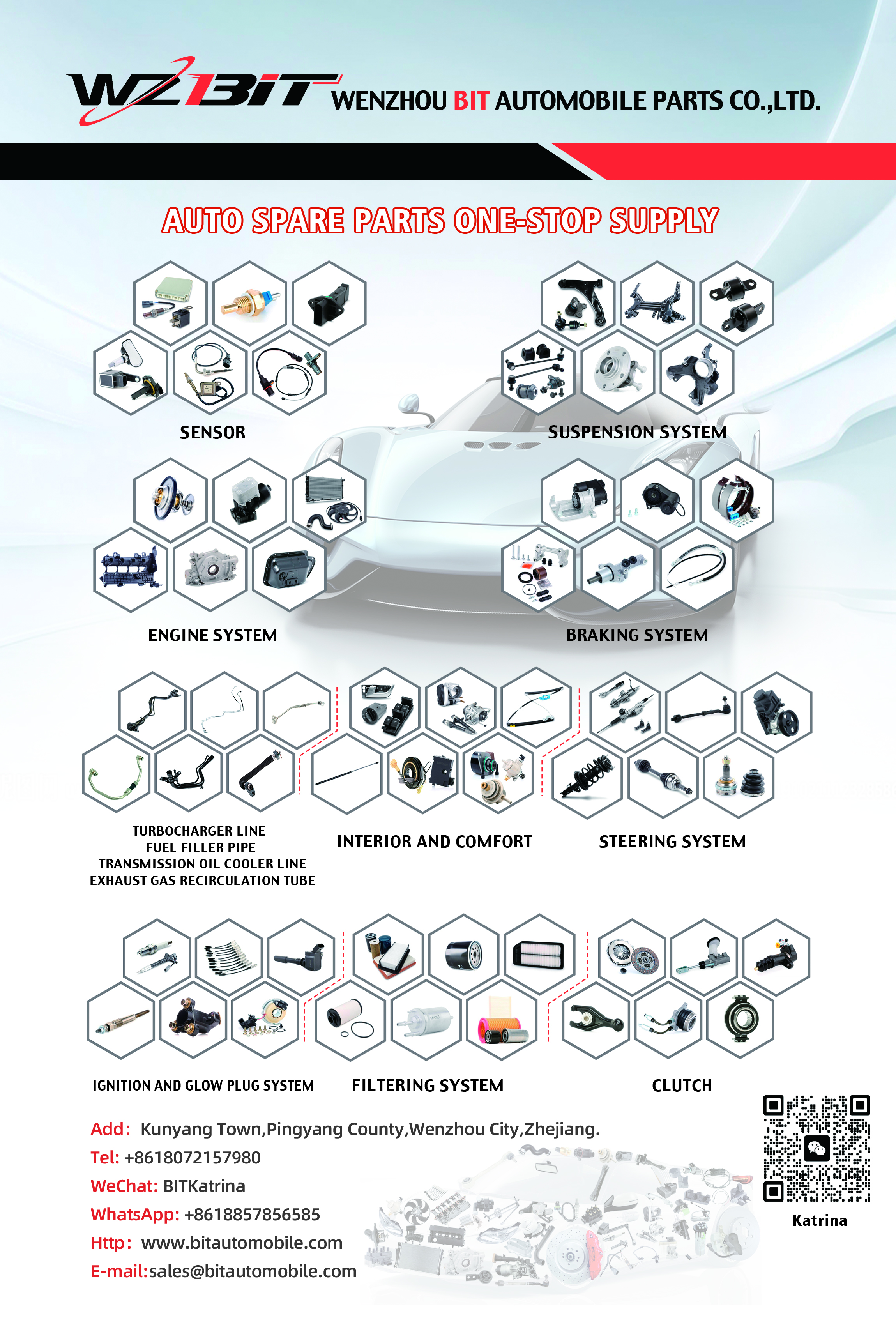
A brake hose is a crucial component of a vehicle's braking system, responsible for transporting brake fluid under pressure from the brake lines to the brake calipers or wheel cylinders.

Part Number
40351
46430S9A003
01466S9A000
2203229
H620409
BLA62090
073-1839
350-59153
BH382428
BH141075
Compatible Applications
Make
Model
Year
Variant
Type
Chassis
Engine
Honda
CR-V
2007
Petrol SUV
2
AWD Mk II RD_
1998cc 110KW 150HP K20A4
Honda
CR-V
2006
Petrol SUV
2
AWD Mk II RD_
1998cc 110KW 150HP K20A4
Honda
CR-V
2005
Petrol SUV
2
AWD Mk II RD_
1998cc 110KW 150HP K20A4
Honda
CR-V
2004
Petrol SUV
2
AWD Mk II RD_
1998cc 110KW 150HP K20A4
Honda
CR-V
2003
Petrol SUV
2
AWD Mk II RD_
1998cc 110KW 150HP K20A4
Honda
CR-V
2002
Petrol SUV
2
AWD Mk II RD_
1998cc 110KW 150HP K20A4
Honda
CR-V
2001
Petrol SUV
2
AWD Mk II RD_
1998cc 110KW 150HP K20A4
Definition and Function
- Flexible Tube: A brake hose is a flexible, reinforced rubber or synthetic hose that carries brake fluid under high pressure from the brake lines (connected to the master cylinder) to the brake calipers or wheel cylinders.
- Fluid Transfer: Its primary function is to transmit hydraulic pressure from the brake pedal to the brake components, enabling effective braking force application.
- Flexibility: Brake hoses are designed to flex with the suspension and steering movements of the vehicle without restricting fluid flow or compromising safety.
Components and Construction
- Inner Tube: Made of synthetic rubber resistant to brake fluid and hydraulic pressure.
- Reinforcement Layers: Typically, brake hoses have multiple layers of braided or woven fabric to withstand high hydraulic pressures (up to 3,000 psi or more).
- Outer Cover: A protective outer layer of synthetic rubber or thermoplastic material that shields the hose from abrasion, chemicals, and environmental elements.
- Fittings: At each end of the hose, there are metal fittings (usually made of steel or brass) that securely connect to the brake lines and brake calipers/wheel cylinders.
Function in the Braking System
- Transmission of Hydraulic Pressure: When the brake pedal is pressed, hydraulic fluid is pressurized by the master cylinder and flows through the brake lines into the brake hose.
- Brake Caliper or Wheel Cylinder Activation: The pressurized brake fluid within the hose forces pistons in the brake calipers (for disc brakes) or wheel cylinders (for drum brakes) to clamp brake pads or shoes against the brake rotor or drum, generating friction and slowing down the vehicle.
- Flexibility: Brake hoses allow for suspension movement and steering without compromising the integrity of brake fluid transfer or braking performance.
Maintenance and Replacement
- Inspection: Regularly inspect brake hoses for signs of wear, cracking, bulging, leaks, or damage.
- Flexible Movement: Ensure brake hoses are not twisted, kinked, or overly stretched, as this can restrict fluid flow and compromise braking efficiency.
- Replacement: Replace brake hoses if they show signs of deterioration, damage, or if recommended by the vehicle manufacturer (usually every 5-7 years as a preventive maintenance measure).
Considerations
- Compatibility: Ensure replacement brake hoses are compatible with the specific make, model, and brake system configuration of the vehicle.
- Professional Installation: If replacing brake hoses, it’s advisable to have the work done by a qualified technician to ensure proper installation, bleeding of the brake system, and safety compliance.
- Brake Fluid Maintenance: Regularly check brake fluid levels and quality to maintain proper hydraulic pressure and ensure optimal brake performance.
In summary, the brake hose plays a critical role in transmitting hydraulic pressure from the brake pedal to the brake calipers or wheel cylinders, enabling effective braking force application. Regular inspection, maintenance, and timely replacement of brake hoses are essential for ensuring safe and reliable braking performance in vehicles.
Send your message to us:


